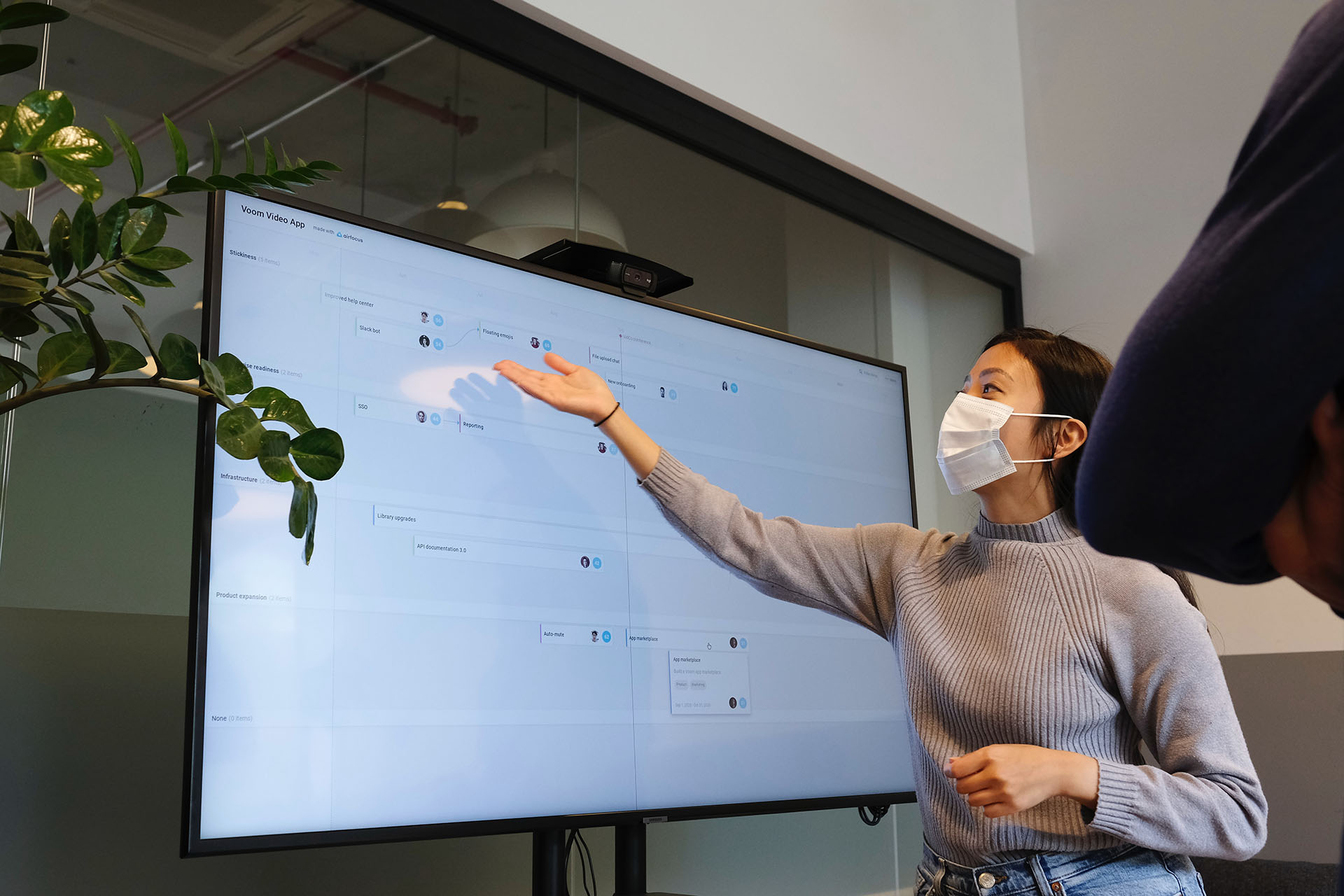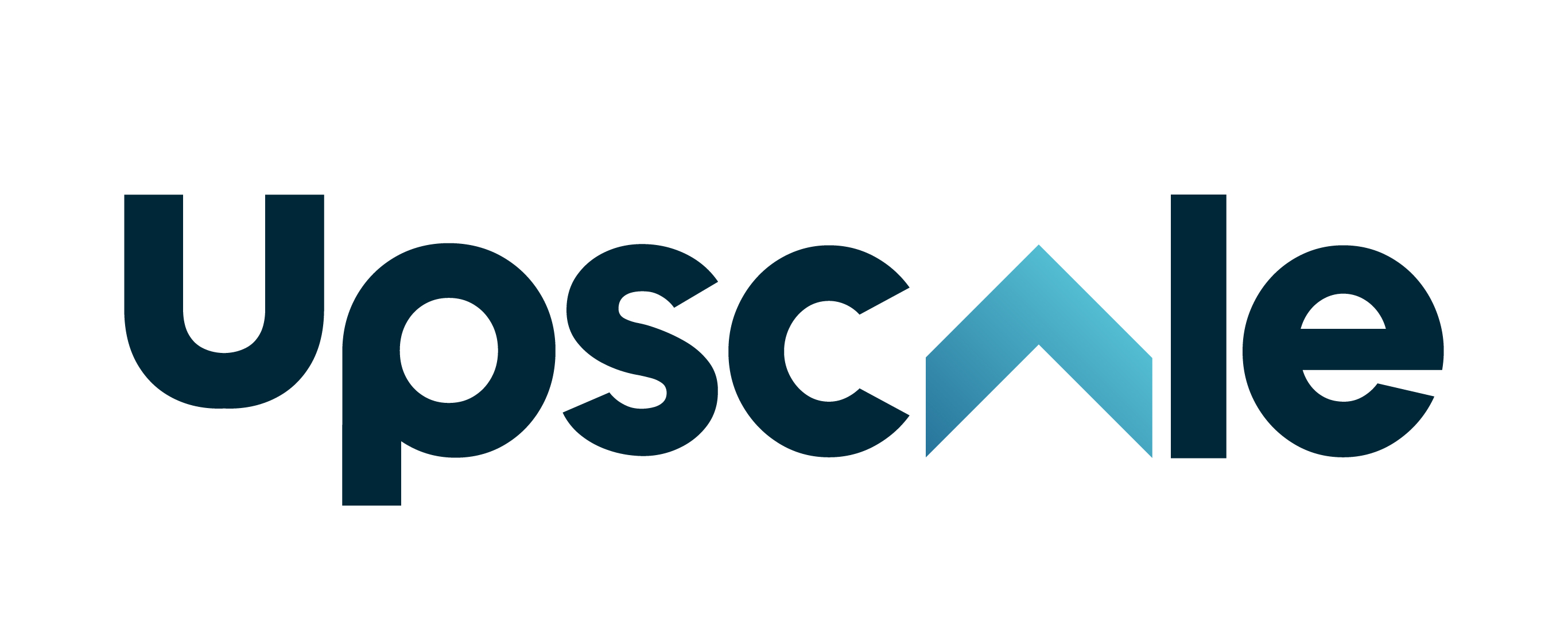How Can Everyone In An Organization Adapt to the New Normal at Work?
Wed, 30 Mar 2022

The COVID-19 outbreak has disrupted our lives in ways we never imagined. As businesses reopen, workers return to their offices, and some remain to work from home. This means that workplaces across the globe are undergoing changes. Many companies have had to adjust their policies and procedures to accommodate workers during the pandemic. Adapting to the new normal requires us to change our mindset and approach to work. To succeed during these times, we need to adopt a new way of working. Here are three things you should consider before returning to work. As the number of employees who work remotely increases, businesses will need to adapt to these changes. This means that they will need to rethink their current practices and create new ways of working. But does that mean returning to the office will be back?
Returning to The Office Post Pandemic
As Malaysia grapples with the coronavirus pandemic, many wonder how they can return to work after being used to working from home for weeks or months.
For many employees, including you, returning to the office after a long absence can be very daunting. You may be worried about how you will be able to adapt to the new normal and what changes you will have to make in order to fit in.
Though it may be difficult to adjust at first, returning to the office has advantages. For one, you can develop a better work-life balance and have more face-time with your colleagues. Additionally, you can establish a routine and get more work done in less time.
Returning back to the office for work after a long break can be daunting, but it is possible to make the transition smoother. By gradually easing back into the routine and taking time for oneself, it can help alleviate any feelings of anxiety or stress.
Recalibrate Expectations When Returning to Work
Organizational responses to COVID-19 have resulted in mass layoffs and a general feeling of unease in the workplace. Many people are struggling to adapt to the new normal. It is important to recalibrate your expectations and remember that things will likely be different for some time.
If you are an employer, it is essential to remember that your employees are likely to react in a self-defeating manner when you change their expectations. Therefore, be patient and give them time to adjust; it may take some time to get used to the new normal.
Many of the traditional expectations we have of employees, such as loyalty and commitment, no longer hold true. Employees now expect more from their employers in terms of flexibility and freedom. It is important to be aware of these changes and adapt accordingly.
We are now living in a time where the traditional 9 to 5 jobs are no longer mainstream. With technology at our fingertips and easy access to the Internet, we can now work from anywhere at any time. While this may seem like a dream come true for some, it can be challenging to adjust to this new normal. We must be creative and innovative about how we approach work relationships and be willing to put in the extra effort to make things work.
Also, the one size fits all mentality is no longer effective in the current working landscape. With different generations working side by side and the ever-changing technology, it is crucial to recalibrate expectations and find what works best for each individual. For example, a young worker may be able to stay late to get the job done, but an older employee might need an earlier start time to avoid fatigue.
So, employees should also focus on developing new skills that will make them more marketable in the future. Organizations need to create a culture of flexibility and adaptability so that they can quickly respond to changes in the marketplace.
Even minor changes in how work is done can positively affect career satisfaction and perceptions of organizational support. This can be done by offering flexible work arrangements and creating an environment where employees feel appreciated and supported.
Employees should be proactive in advocating for change and communicating their needs to management. As mentioned earlier, individualized work arrangements can have a comparable positive effect on work satisfaction and perceptions of organizational support.
Rebuild Capacity in an Organization
The workplace has changed dramatically in the last few years. With the rise of technology, new modes of communication, and the increasing demand for flexibility, many employees struggle to adapt. One way to rebuild capacity is through networks.
Rebuilding capacity in the workforce is essential for adapting to the new normal. To do this, businesses need to identify and use the employees' strengths. In times of change, it's more important than ever for employees to feel supported by their company and be able to contribute in whatever way they can. Employees are the key to building capacity in the workforce.
For an organization to successfully rebuild their capacity in the new normal, they need support, feedback, insight, resources and information. With these tools, everyone can make a positive difference at work and feel more connected to their company.
Self-efficacy is a critical psychological resource that can help individuals manage uncertainty and rebuild their capacity to work. In times of the pandemic, people need to have hope and feel in control. When old routines and habits no longer work, people need to be able to adapt and experiment with new ways of doing things. Old patterns and practices will not work in uncertain times.

Reestablish Commitment At Work
When adapting to the new normal at work, it is important to reestablish commitment. This means giving honest explanations for why you, as a representative of your organization, made the decisions you did and how you came to make them.
A reframing approach may be necessary to get people to recommit to the organization. This would entail highlighting outcomes that would be worse than the current situation. It is vital that everyone, from the top down, is transparent and engages in open communication. Only then can a company reestablish commitment and move forward.
In times of change, people look for explanations to make sense of their surroundings. Unfortunately, this often leads employees to fill in the blanks themselves with their own explanations, which may or may not be accurate. The employer can help by providing clear communication and frameworks for understanding the changes.
Employees need to feel that their trust and confidence in the company has not been betrayed. As an employer, making communication clear from the beginning will show employees that you understand what they are feeling and that you have taken steps to make sure it doesn't happen again. After the explanation, recommitment must be established through transparent and accountable actions.
This will help build trust among colleagues in your organization and show that you are willing to be transparent and accountable.
The Bottom Line
Adaptation to the new normal at the workplace is essential. Employees must learn to embrace change and become comfortable with uncertainty. They must develop new skills and adopt new behaviors to succeed in today's workforce.
To successfully adapt to the new normal at the workplace, employers need to communicate clearly about the changes taking place. In addition, they must provide opportunities for employees to engage in discussions about these changes and give them the tools needed to adjust.
